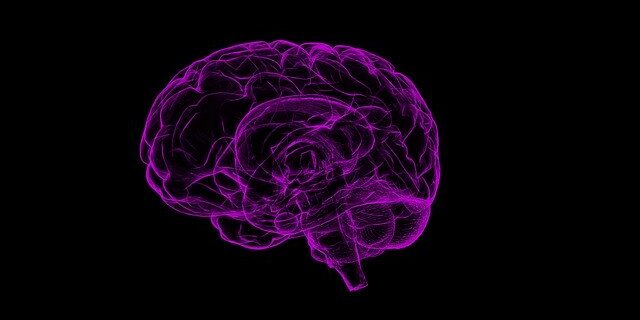The brain and especially its memory function have long fascinated mankind. Its capacity to remember facts, events, and more has remained a challenging mystery despite countless attempt to probe the process. As a listened to a genomics podcast by Illumina called, Illumina Genomics on iTunes, Dr. Ted Abel at the University of Iowa discussed his team’s research into how our brains retain long-term memories using acetylation and epigenetics.
While methylation has gained much attention for its participation in turning genes on and off, acetylation seems to have been left off the awards list. In terms of how we retain information in our memories longer than a few minutes, acetylation may be the key rather than methylation. When triggered to retain information longer, Dr. Abel’s team believe the addition of an acetyl group to histones for specific genes turn on those genes and thus enable the cell to behave differently, thus retaining and expressing that information when prompted.
These histones are proteins around which our DNA strands are wrapped. When the DNA is wrapped tightly, the genes cannot be transcribed and their proteins are not produced. Acetylation causes the unwrapping while methylation increases wrapping and turns them off. When a nerve cell changes to retain the long-term memory, more acetyl groups on the histones cause the genes to produce new and different proteins. During the research, they determined that these new proteins included neurotransmitter receptors and other proteins associated with changing the nerve’s function. Basically, the cell remembers by responding differently at a neurochemical level.
As a teaser, they also discussed how increasing enzymes associated with the acetylation process, they were able to improve mice’s memory in maze tests. The details are both complex and elegant, but they are hoping that a better understanding of the process will someone day lead to improving memory in both neurological diseases and healthy individuals. Until then, I will be digging into butyrate, a natural substance that inhibits other enzymes (histone de-acetylase enzymes – HDAC) which remove acetyl groups on histones. I have no evidence that butyrate will improve memory, but I do have this podcast’s clues and other research which indicates HDAC inhibitors help in multiple sclerosis by leaving acetyl groups on histones. Hopefully, conventional and functional medicine can work together to help patients live healthier more abundant lives.
Illumina Genomics podcast website:
Episode 30
Sanctuary Functional Medicine, under the direction of Dr Eric Potter, IFMCP MD, provides functional medicine services to Nashville, Middle Tennessee and beyond. We frequently treat patients from Kentucky, Alabama, Mississippi, Georgia, Ohio, Indiana, and more... offering the hope of healthier more abundant lives to those with chronic illness.







